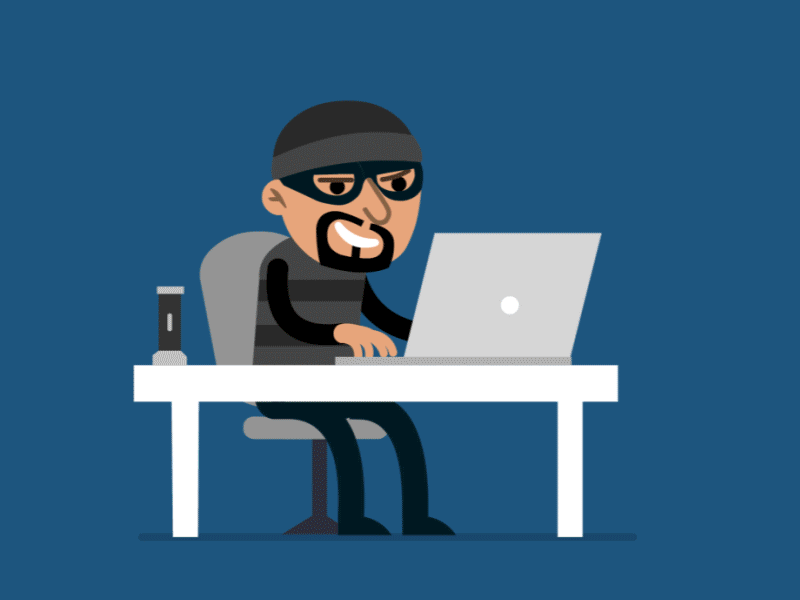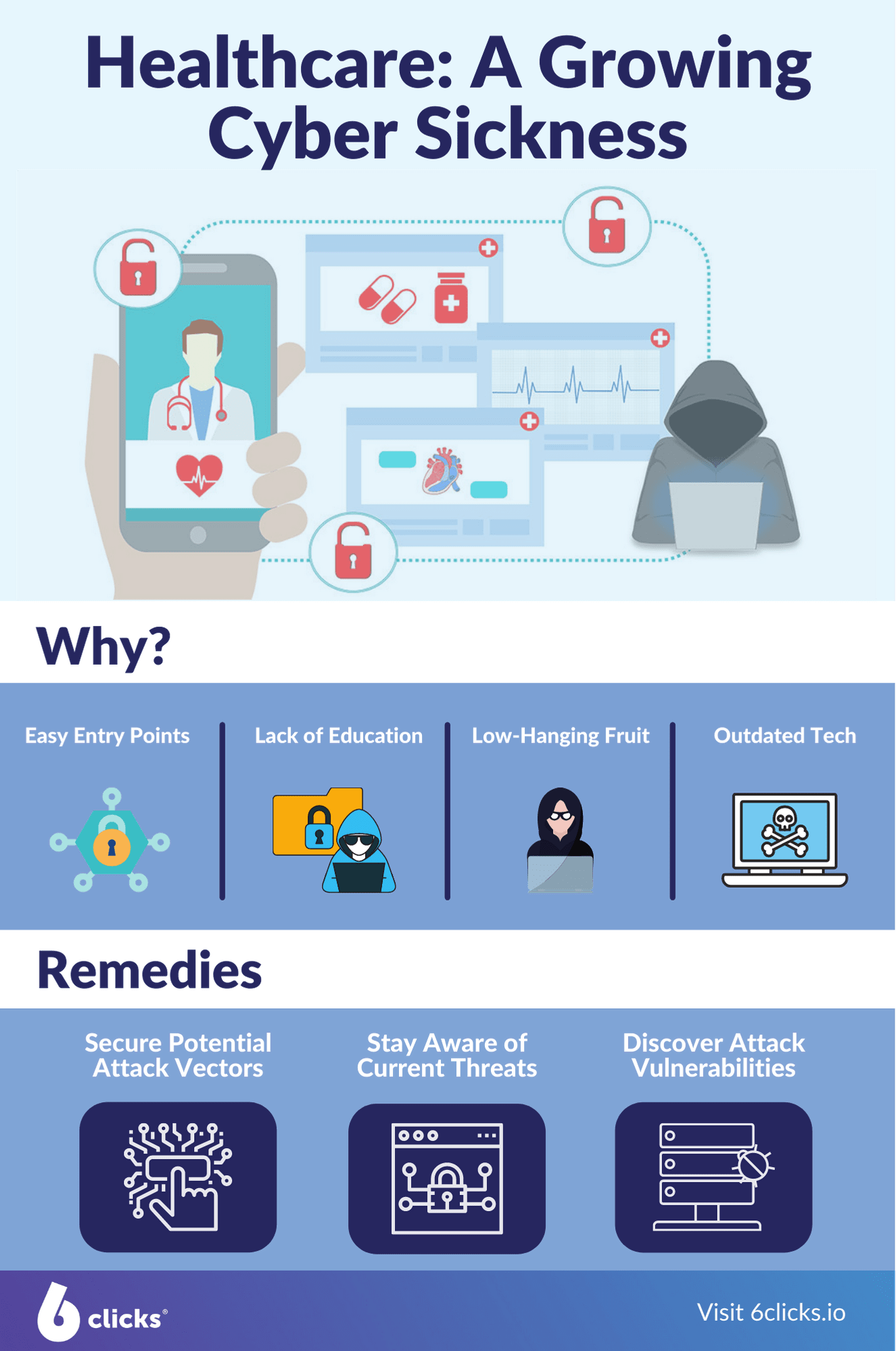The healthcare sector deals with highly sensitive personal information. Most organisations are constantly combating cyber risks and are trying to adapt to this ever-changing age of digitalisation. As such a dynamic industry, healthcare institutions are vulnerable to sophisticated cyber-attacks through multiple avenues.

Moreover, with the ongoing pandemic, these institutions are already under stress to operate securely in the pandemic environment. The threat landscape has changed dramatically, with cyber threat actors compromising and targeting health networks.
As such, hospitals will continue to be a primary target for major threat actors out there. Having such a large amount of data available and concentrated within a single entity is a treasure trove for cyber attackers.
4 Major Reasons Health Institutions Are at Risk
- Medical devices are an easy entry point
While medical devices do not really store patients' significant data, they are entry points to access data-rich servers. Threat actors are aware that medical devices do not contain any sensitive information, yet they see this as an easy target because it lacks security. It is extremely important to keep these entry points updated and secured.
- Medical professionals are not educated on cyber risks
Medical staff deal with a lot - except for education on cyber-attacks. There are also budget constraints and most lack the time and resources to understand the daunting world of cyber crimes. However, it is important they understand that due to this vulnerability and the potential for compromising the data, everyone working in the healthcare sector must have the basic knowledge to embrace a zero-trust model in order to prevent any unauthorised access.
- Smaller organisations are also at risk
Even though large organisations have more patient data, it is the smaller organisations that are the easy prey. Hackers know that smaller businesses are more likely to lack the resources to address gaps in their cyber security, placing them at greater risk for disruption. A small business should protect their patients' data in a cloud environment and should look at governance, risk management and compliance programs to mitigate potential cyber-attacks.
- Outdated technology implies an under-preparedness for attacks
For many organisations, medical technology is outdated due to limited budgets and hesitancy to adopt new systems. Hospitals using systems that still release system updates should keep all software equipped with the most recent version.

Finding Solutions to Cyber Attacks on Healthcare
Medical records are gold for cyber thieves. The personalised content in these records is ripe for social engineering exploits. The health sector has been a top target for cyber attackers and it continues to evolve year-on-year. Attackers are becoming increasingly savvy in their understanding of how to exploit health care.
While there has been a rise in the number of attacks on this sector, there are many ways to reduce the exposure to cyber crimes and cyber security risk more generally. Businesses must own their cybersecurity readiness and every staff member must be well trained.
Get in touch to see how you can take charge of your cyber security readiness. Book a demo below with one of our friendly team members today.


